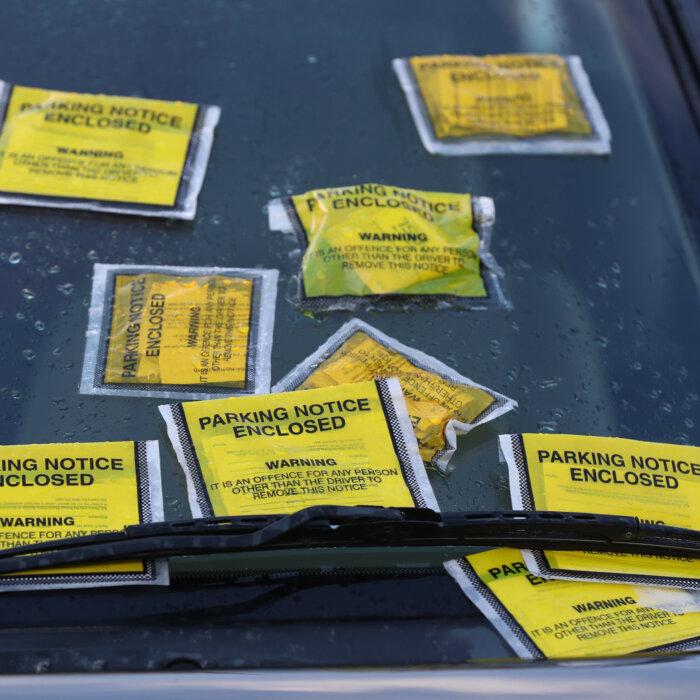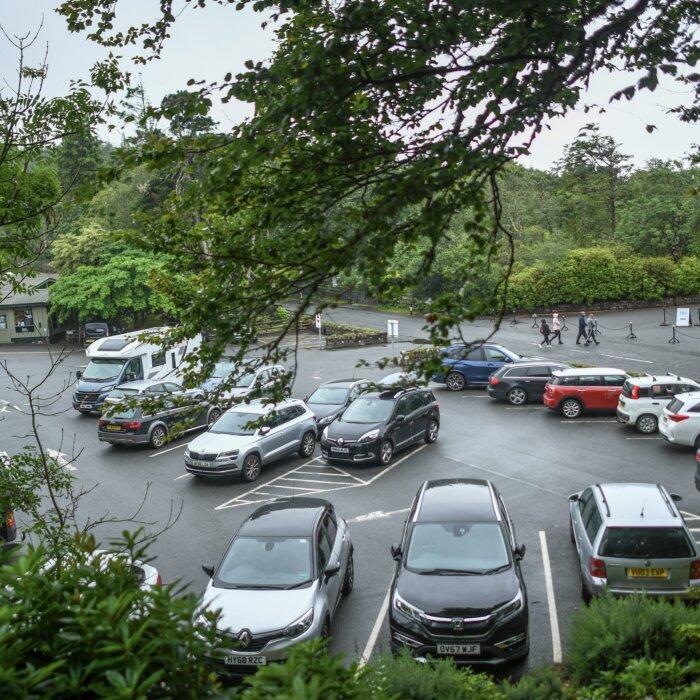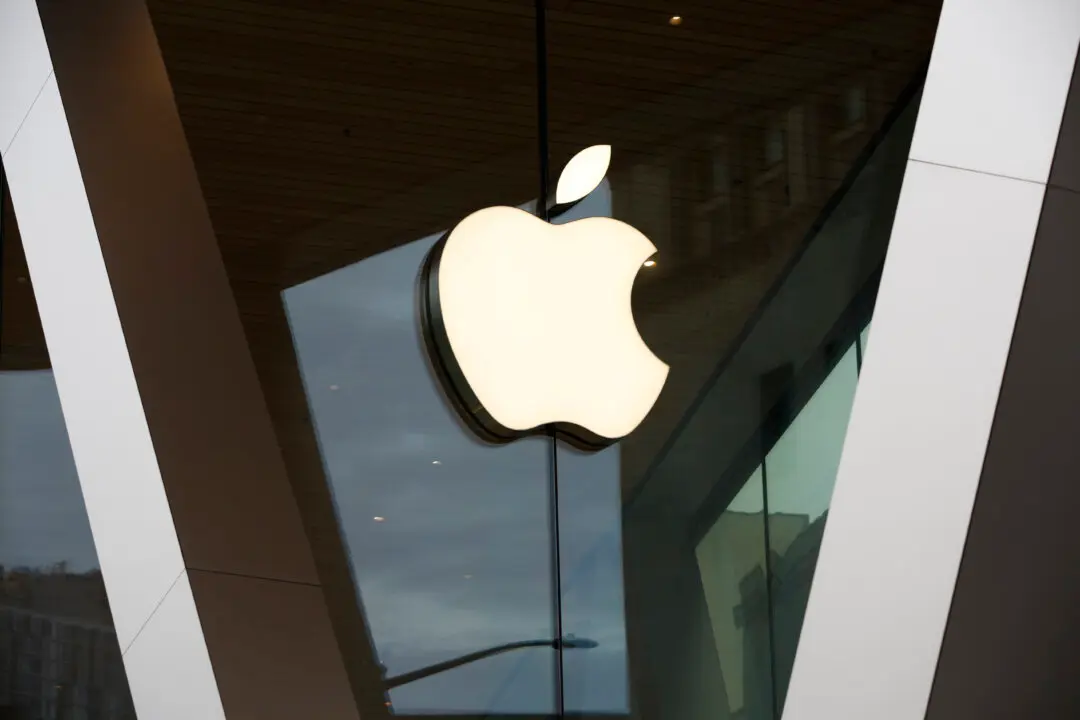New rules removing penalties for drivers who take longer than five minutes to pay for parking in private car parks “will make little difference,” a motoring services company has warned, citing uncertainty over implementation and a lack of statutory regulation.
Two industry bodies representing private parking firms—the British Parking Association (BPA) and the International Parking Community (IPC)—announced on Wednesday that drivers will no longer be bound by the “five-minute rule” when paying for parking.
The rule applies only to private car parks monitored by cameras, such as Automatic Number Plate Recognition and CCTV systems.
The change, which takes effect on Feb. 17, is part of the private parking sector’s self-regulated Code of Practice.
The update follows a legal case involving driver Rosey Hudson, who faced court action over £1,906 in fines after repeatedly exceeding the five-minute limit at a Derby car park.
Commenting on the rule change, RAC Head of Policy Simon Williams said it was “the latest attempt to make the private parking industry look fair.”
“As there’s no information on how the change will work in practice, we fear it will make little difference to drivers.
“We believe any driver who has paid for parking shouldn’t ever be given a parking charge notice for taking too long to pay. Unfortunately, all too often the clock is ticking from the moment drivers’ numberplates are picked up by cameras entering the car park. There begins the race to pay, something parents with kids, disabled people, and those struggling to get a mobile signal are unlikely to win,” said Williams.
Despite industry reforms, both the RAC and the AA have reiterated calls for a government-backed Private Parking Code of Practice.
“This change to the self-authored ‘Code’ by private parking operators only highlights the urgent necessity to implement the government backed Code of Practice alongside a truly independent single appeals process and oversight board.
Regulation
Currently, no official government-backed code exists for private car parks in the UK. The attempt to introduce one in 2019 was withdrawn in 2022 after legal challenges from parking firms.In response, private parking operators created their own self-regulated code in June 2023, which includes an “appeals charter” for motorists facing unfair penalties, requirements for clearer signage on private parking rules, and a £100 cap on fines, reduced to £60 if paid within 14 days.
The industry’s own code emerged amid criticism of “heavy-handed” enforcement policies by private carparks, including the use of misleading and confusing signs, aggressive debt collection, and unreasonable fees.
BPA Chief Executive Andrew Pester said the measure was a positive step.
“The parking sector is always striving to ensure it operates in the interest of compliant motorists and to ensure that parking is fairly managed for all,” he said.
IPC Chief Executive Will Hurley welcomed the change and urged drivers to read signage carefully when parking.
“Our sector is making significant strides in elevating standards. The single Code, along with the creation of the panel and its swift action reflects the sector’s positive progress and commitment to fairness,” Hurley said.
The two bodies also issued advice for drivers who get a parking charge for late payment before the new rules start. Motorists are encouraged to first speak to the operator and, if unhappy with the response, appeal to an independent regulator.
According to an analysis by PA news agency and RAC, private parking firms issued 3.8 million tickets between July and September 2023, which amounts to an average of 41,000 fines per day. This level of enforcement could cost UK motorists up to £4.1 million daily in parking fines.







